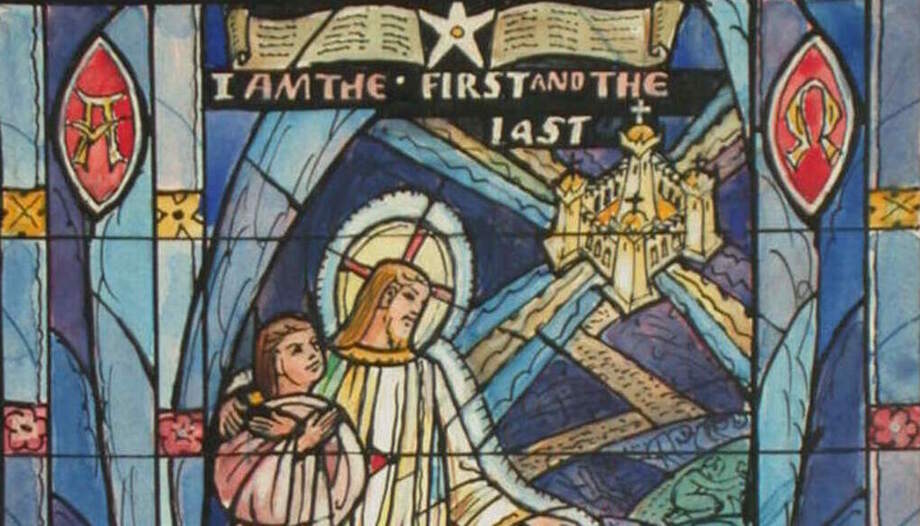As a celebratory context we can point out that, because it is a time of preparation, the Advent liturgy suppresses some festive signs, as a way of saying that some element is still missing to be able to celebrate the "complete feast". For this reason, the GloriaThe purple vestments are used and a greater sobriety in the decoration is requested.
"The bridegroom is coming, go out to meet him!"
The Collect for the first Sunday of Advent that we propose to analyze is the following:
Grant to your faithful, almighty God,
the desire to go out accompanied by good works to meet Christ who is coming,
so that, placed to your right,
deserve to possess the kingdom of heaven.
Da, quaésumus, omnípotens Deus,
hanc tuis fidélibus voluntátem,
ut, Christo tuo veniénti
iustis opéribus occurréntes,
eius déxterae sociati,
regnum mereántur possidére caeleste.
The prayer has a structure that places the petition in the first place. The element that places it within the liturgical season is inserted in this petition. It is the reference to Christ who comes (Christo tuo venienti(literally: "Your Anointed One who is coming", addressing the Father). It is a phrase that serves well to encompass the two points of reference of this time: Christmas and the Parousia. Although perhaps the desire to go out "accompanied by good works" (iustis opéribus occurréntes) emphasizes above all the second sense.
We will understand this better if we compare the content of this collection with the parables used by Jesus to emphasize the need to be vigilant awaiting the coming of the Lord. The clearest and most direct is that of the wise and foolish virgins (Mt 25), which is not properly read during Advent, but towards the end of Ordinary Time (Sunday 32 of Cycle A). But the Gospels corresponding to this first Sunday (in its 3 cycles) also convey the need to be awake and prepared.
As to what "good works" are involved, we do not have any further details. Evidently, of all those that Jesus has spoken of. The proposal becomes a personal task, to be carried out with generosity and initiative. But some of the readings of this first Sunday of Advent mention peace in a special way. A particularly important and urgent aspect for the world moment we are living in.
It came, it will come and it comes!
The rest of this collection is made up of a clause that clearly refers to attaining the eternal reward. What is asked of the Omnipotent Father is that, when Christ comes, he may place his faithful at his right hand (eius déxterae sociati) and make them worthy of the possession of the heavenly kingdom (regnum mereántur possidére caeleste). The figure used is taken literally from Jesus' description of the final judgment in chapter 25 of the Gospel according to St. Matthew. Again, this is not an Advent Gospel, but it fits very well with the theme of these first weeks.
As we see, all parts of this prayer focus on the eschatological perspective. And so does the first preface of Advent, entitled "the two comings of Christ". Therefore, spiritually, this liturgical season makes us look not only to the past, but also to the future. This is important, because not everything is done, we are in an "already but not yet". If this were not so, there would be no room for hope, "the theological virtue by which we aspire to the Kingdom of heaven and eternal life as our happiness" (Catechism, n. 1817).
But we could add something else. St. Bernard, in a sermon in the Liturgy of the Hours for Wednesday of the first week of Advent, speaks not only of a double, but of a triple coming. There is, he says, an "intermediate coming", hidden, that takes us from the first to the last. Christ comes to the heart, to the soul, to the conduct of the Christian, to be his consolation and his rest. How, when and where?
Precisely in the liturgy, especially in the Holy Mass. We can (we must!) go out to meet him daily with our works and every day embrace his right hand and receive the King and his kingdom in us. To encounter him in our ordinary life. For a Christian, looking forward to the coming of Christ is not an abstract task: it is the sweet reality of every day.
The main reference that can be consulted for further study is the work of Felix Arocena, "The Collects of the Roman Missal. Sundays and Solemnities of the Lord", CLV-Edizioni Liturgiche, 2021.
Priest from Peru. Liturgist.








